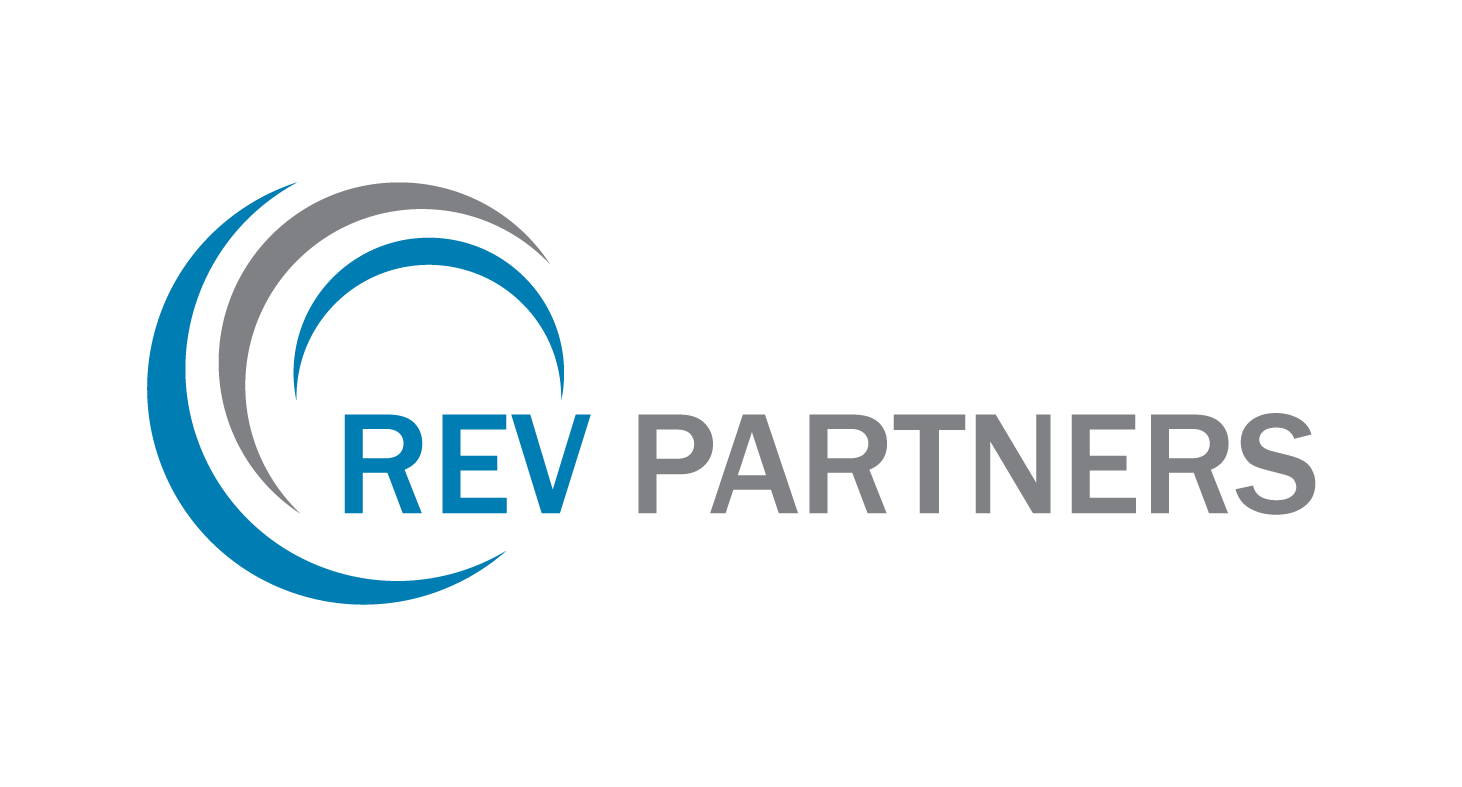What is a PMO (Program Management Office)
A Program Management Office (PMO) is a central unit within a company that act as a hub responsible for the management and coordination of multiple projects or programs that align with the company’s strategic goals and objectives. In this article, we explore the key Tasks of a PMO.
A PMO can be responsible for various functions including project management, resource allocation, governance, and process improvement. The main goal of a PMO is to increase the chances of success for projects and programs by providing a consistent and structured approach to project management, as well as to ensure that the organization’s project portfolio aligns with its overall strategic goals.
See Also: How to Set up a Transformation Program Management Office (PMO)
Key Tasks of a PMO
The key tasks of a PMO include:
Developing and maintaining program plans
The PMO is responsible for creating and maintaining detailed program plans that outline the scope, schedule, and budget for the program. This includes identifying and defining the objectives, milestones, and deliverables for the program, as well as developing detailed project plans for each project within the program. The PMO also monitors and updates the program plan as the program progresses, ensuring that it remains aligned with the overall program objectives.
Coordinating and managing program resources
The PMO coordinates and manages the resources required for the program, including personnel, equipment, and materials. This includes identifying the roles and responsibilities of team members, assigning resources to specific tasks, and tracking resource usage throughout the program. The PMO also manages any external vendors or contractors that are providing resources for the program, ensuring that they are meeting the program’s requirements.
Managing program scope and changes
The PMO manages changes to the program scope, ensuring that they are properly documented, approved, and implemented. This includes identifying and assessing potential changes, developing change proposals, and coordinating the approval and implementation of approved changes. The PMO also manages the impact of changes on the program schedule, budget, and quality, ensuring that they are minimized.
Managing program risks and issues
The PMO identifies and manages risks and issues that may impact the program’s success, and develops mitigation plans to address them. This includes conducting regular risk assessments, identifying potential risks and issues, and developing and implementing mitigation plans to address them. The PMO also monitors risks and issues throughout the program, updating mitigation plans as necessary, and reporting on their status to the program’s stakeholders.
Tracking and reporting on program performance
The PMO tracks and reports on the program’s performance, including progress against schedule, budget, and quality metrics. This includes monitoring program performance against established metrics and reporting on program progress, issues, and risks to stakeholders and sponsors.
Managing program benefits realization
The PMO plays a critical role in managing the program’s benefits realization, including tracking and reporting on the program’s progress against its objectives. This includes developing and maintaining a benefits realization plan, identifying and tracking benefits, and developing strategies for realizing benefits. The PMO also works closely with project managers to ensure that the program’s deliverables are aligned with the program’s objectives, and that benefits are realized in a timely and efficient manner. The PMO also communicates progress against benefits realization objectives to stakeholders, sponsors, and team members, and provides regular updates on the status of benefits realization.
Managing program communications
The PMO manages communications for the program, including stakeholders, sponsors, and team members. This includes developing and implementing communication plans, providing updates and status reports to stakeholders and sponsors, and addressing any communication issues or concerns.
Managing program dependencies and interfaces
The PMO coordinates and manages the dependencies and interfaces between different projects, programs, and organizations. The PMO coordinates and manages the integration of different projects and programs within the program.
Managing program governance
The PMO manages the program’s governance, including the establishment of program governance structures and the management of program risks and issues. This includes developing and implementing governance plans, managing governance activities, and ensuring that all governance activities are in compliance with program objectives.
Managing program quality
The PMO manages the quality of the program’s deliverables, ensuring that they meet the required standards. This includes developing and implementing quality plans, monitoring quality performance, and ensuring that deliverables meet or exceed established quality standards.
Managing program budget and finances
The PMO manages the program’s budget and finances, including tracking costs, managing invoices, and reporting on program performance. This includes developing and implementing budget plans, monitoring program expenses, and ensuring that all financial activities are in compliance with financial policies and procedures. This is one of the critical Tasks of a PMO.
——————————————————————————————————————————-
REV Partners. Business Transformation Experts. Digital Transformation Experts. We are a Management Consulting & Advisory firm. We help Fortune 500 & Private Equity clients address the most pressing issues related to Transformation, Strategy, Operations, Organization and Digital. We can also provide experienced experts as Interim “Chief Transformation Officer” or equivalent, to accelerate, lead and execute ambitious Business Transformation or Digital Transformation programs. If you or your organization need support, please contact us, follow us on Twitter, or Email us at meet@revpartners.com. © REV Partners. All Rights Reserved.

